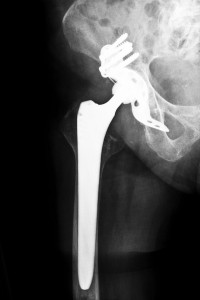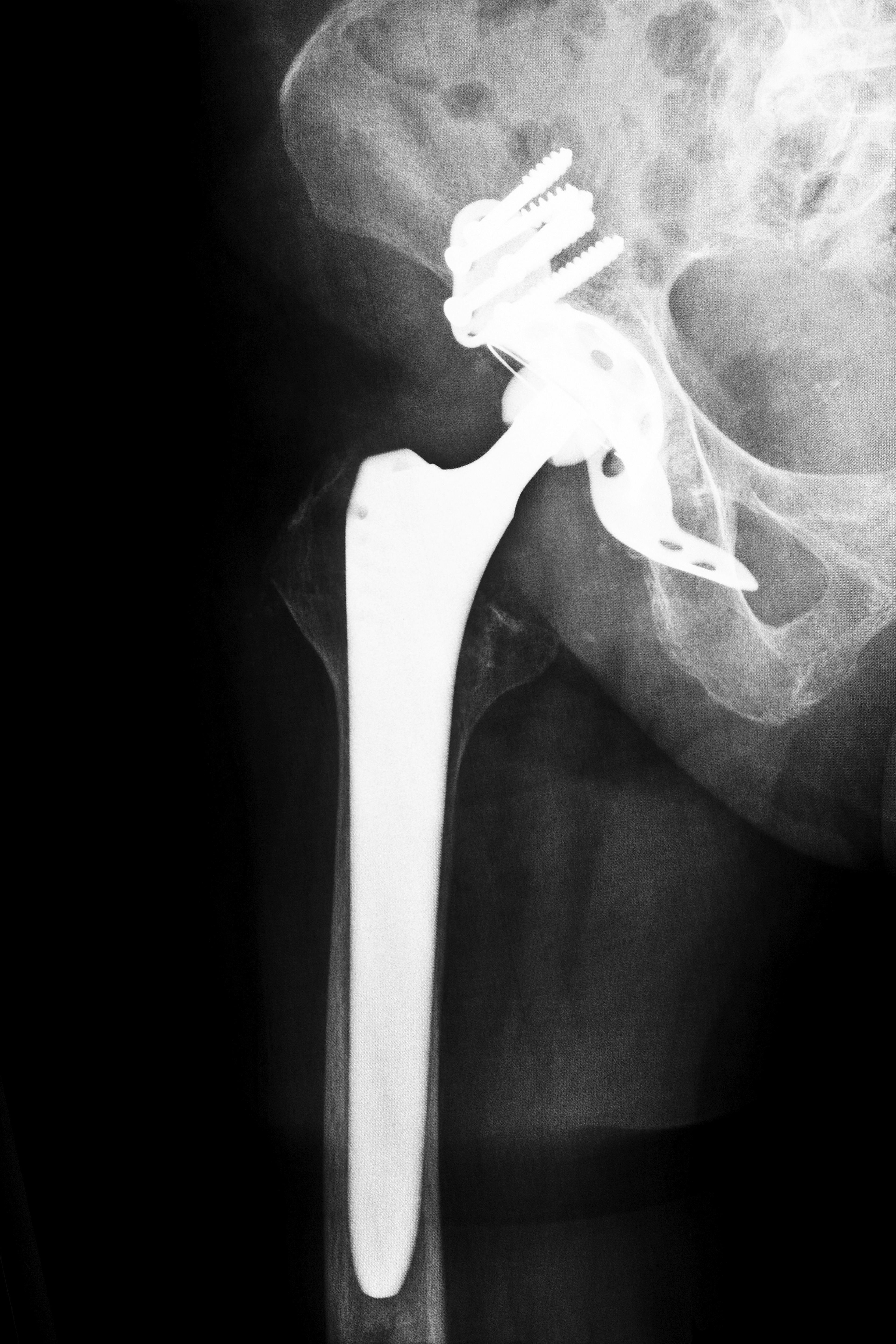 What problems can occur with metal on metal hip implants?
What problems can occur with metal on metal hip implants?
Artificial hip joints are typically designed to mimic the “ball-and-socket” movement normally possible in the human hip. Metal on metal implants often use strong metal alloys that may include chromium and/or cobalt, potentially toxic elements. As the ball creates friction inside the socket, metal debris may be generated. Debris on a molecular level may migrate into surrounding soft tissue and even into the bloodstream.
What symptoms may be present with failed hip replacements?
Symptoms of malfunctioning hip systems may include serious pain in the hip and/or groin area, which has been documented in some patients with recalled hip joints. Limited flexibility and difficulty walking have also been reported. Swelling in the area around the replaced joint has been noted as well. Some patients report fatigue, possibly due to metal poisoning. Distracting hip squeaking and popping has also been noted.
How can I establish whether my artificial hip joint was recalled?
An attorney that has worked in this area of the law can help you to determine whether or not you have a recalled hip system in your body. You can also find out about your particular hip from your doctor, surgeon, or hospital where you received the hip. It is important to understand that a hip recall is not a prerequisite to filing injury litigation if your hip replacement has become a problem. Contact Attorney Group for Texas for a free consultation to find out if you may have a claim for compensation in your particular situation.
What can be done for patients with problematic metal on metal hip implants?
In some cases, the pain and/or tissue damage is such that revision surgery is needed. Such surgery can replace a defective artificial hip joint. The problem is that surgery may become necessary only a year or two after the original hip procedure. Artificial hip implants were marketed, in part, upon their ability to last for 15 years or longer. The problems are such that some leading orthopedic surgeons have significantly curtailed or ended their use of certain metal on metal implants.
Revision surgery comes with the usual attendant surgical risks. Beyond that, a subsequent hip replacement can take even more bone, potentially limiting the possibility for future hip surgery. In addition, hip surgery often requires a lengthy recovery period.
Which metal on metal hip implants have been recalled to date?
The following companies are among those named as defendants in prior litigation related to recalled hip joints:
- Stryker Orthopedics
- DePuy Orthopedics
- Biomet
- Smith and Nephew
Stryker manufactured the Rejuvenate and ABG II systems, which were first approved by the FDA in 2008. They were voluntarily recalled on July 6, 2012. The metal on metal parts of these hip joints have been allegedly associated with metal poisoning, pain and dislocations. Revision surgery has often been required. The ASR and Pinnacle metal on metal systems are from the DePuy Orthopedics division of Johnson & Johnson.
Do I have to file a hip implant injury claim in a timely manner?
In most cases, yes. Texas, like other states, establishes limits on the time between the occurrence or detection of injury and the filing of a lawsuit. An attorney can help you to determine whether it is still possible to file a lawsuit in your case. Because of the time limits imposed by state law, it is important to consult with an attorney as soon as you feel that you might have a claim. The Attorney Group for Texas can put you in touch with an attorney that can help you with the legal process.
What should I do to determine if I have a claim?
At Attorney Group for Texas, we provide a free consultation that can help establish whether or not a lawsuit is an appropriate course of action in your situation. If you decide you wish to pursue your claim, we can connect you with an affiliated attorney who can assist you through the legal process. Contact us today if you have questions. We are here to help.






